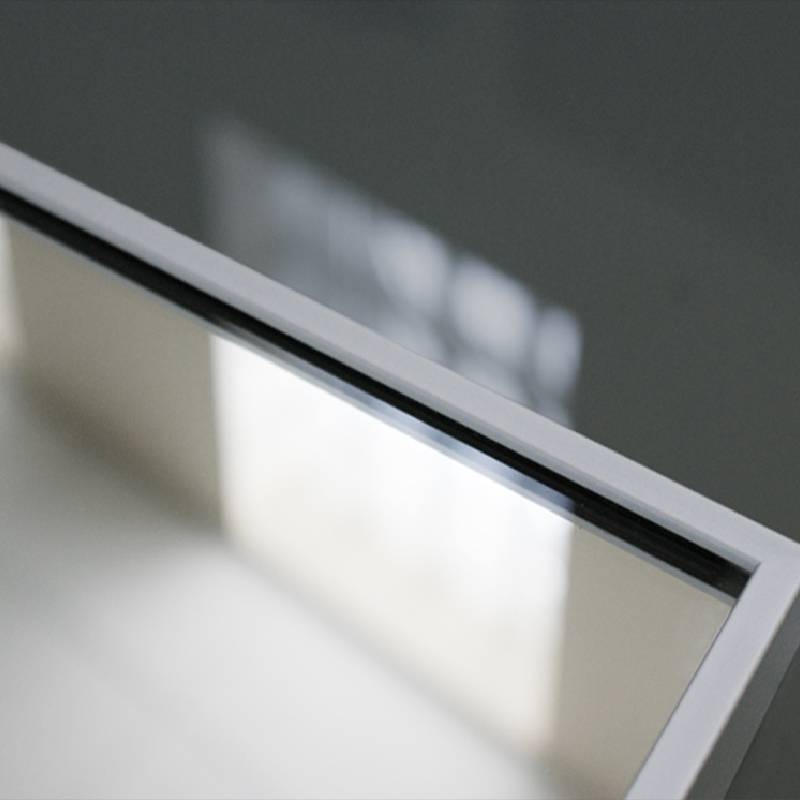

The Significance of Eastern Float Glass in Modern Industry
Float glass, a fundamental building material, has revolutionized construction and design since its invention in the mid-20th century. Among the various producers of this essential commodity, Eastern Float Glass stands out for its commitment to quality, innovation, and sustainable practices. This article explores the impact and importance of Eastern Float Glass within the global market and its contributions to both the industry and the environment.
Understanding Float Glass
Float glass is produced through a unique process where molten glass is floated on molten tin, resulting in a smooth, uniform thickness and clarity. This method not only enhances the aesthetic qualities of the glass but also ensures its strength and durability. The resulting product is essential for a variety of applications, including windowpanes, facades, mirrors, and even solar panels. The demand for float glass continues to grow, driven by the booming construction industry and the increasing need for energy-efficient solutions.
Eastern Float Glass Pioneering Excellence
Eastern Float Glass has carved a niche for itself as a reputable manufacturer of float glass. With state-of-the-art production facilities and a dedicated workforce, the company delivers high-quality products that meet international standards. The emphasis on cutting-edge technology allows Eastern Float Glass to experiment with various thicknesses, colors, and coatings, providing tailored solutions for its clients. This flexibility in production is essential in an industry that increasingly values customization and efficiency.
Moreover, Eastern Float Glass has embraced innovation by incorporating advanced technologies such as automated production lines and real-time quality control systems. These advancements not only enhance production efficiency but also significantly reduce waste, making the manufacturing process more sustainable. In a world where environmental concerns are paramount, Eastern Float Glass is committed to minimizing its ecological footprint.

Sustainability Initiatives
In response to the global challenge of climate change and resource depletion, Eastern Float Glass has implemented several sustainability initiatives. The company sources raw materials responsibly and emphasizes recycling processes. By utilizing recycled glass in the production of new float glass, Eastern Float Glass contributes to the circular economy and conserves natural resources.
Additionally, the company invests in research and development to create energy-efficient glass products. These innovations take the form of low-emissivity (Low-E) glass, which minimizes heat transfer and enhances insulation. By offering energy-saving solutions, Eastern Float Glass plays a crucial role in helping buildings achieve sustainability certifications such as LEED (Leadership in Energy and Environmental Design).
A Bright Future Ahead
The future for Eastern Float Glass appears promising, driven by trends in urbanization and sustainable construction. As cities expand and populations grow, the demand for high-quality glass materials will continue to surge. Eastern Float Glass is well-positioned to meet this demand, with its robust manufacturing capabilities and strong commitment to quality and sustainability.
Furthermore, as consumers and businesses alike become more conscious of their environmental impact, Eastern Float Glass's focus on eco-friendly practices will likely attract a wider customer base. By prioritizing sustainability not just in production but also in product design, the company is poised to lead the industry toward a greener future.
In conclusion, Eastern Float Glass exemplifies the ideal balance between quality manufacturing and environmental responsibility. As it continues to innovate and adapt to market demands, it will undoubtedly play a significant role in shaping the future of the float glass industry, contributing to more sustainable construction practices and a cleaner planet. The legacy of Eastern Float Glass is not merely one of economic success, but also of stewardship towards the environment—a testament to the positive potential of modern industry.